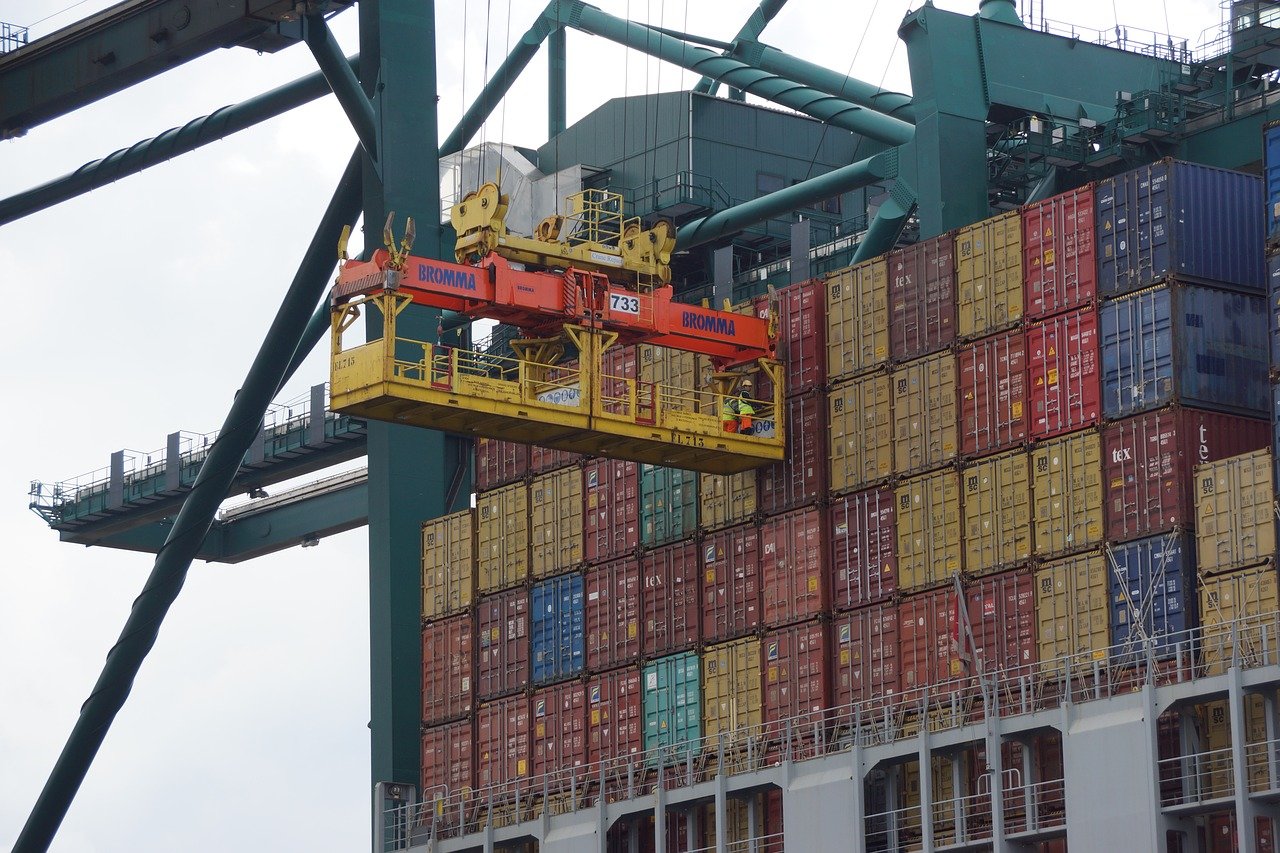
Blog
Maintenance and Cure: Benefits You Deserve After an Injury
Posted in Jones Act, Maritime Piracy
Most workers in the United States are protected by some type of workers’ compensation insurance for injuries that take place on the job. In many states, employers are required to provide such insurance, and opting in is as simple as filling out hiring paperwork. Even if you never need to take advantage of workers’ comp, it’s comforting to know that it’s there to protect you and your family against lost wages and medical expenses.
However, some jobs are categorically more dangerous than others. Construction and transportation careers, for instance, represent a significant portion of workers’ compensation claims filed in any given year due to the inherent risks associated with going to work every day. Wrongful death and employer negligence lawsuits abound, and the red tape involved with getting what you’re owed, can be thick and difficult to navigate without skilled and experienced legal representation.
Some of the most dangerous jobs in the country are done on the water. Thanks to reality TV, many Americans in the last decade have become much better acquainted with the dangers associated with commercial fishing and shipping work in general. A wholly different set of legal protections exists for these workers, many of whom spend every working day dealing with cramped quarters, dangerous and heavy machinery, and inclement weather.
However, as with workers’ comp, some negligent employers will fight tooth and nail to avoid providing rightful compensation to injured seamen. Often, they will attempt to provide the lowest allowable compensation for injury in the hopes that injured seamen will accept the token reimbursement without question. It’s not a perfect world, which is why it’s best to have a lawyer skilled in maritime admiralty law on your side.
To that end, it’s important to understand your rights and guarantees as a maritime worker in the United States. The Jones Act, a federal statute which extends the Federal Employer’s Liability Act to seamen, is designed to protect maritime workers just like workers’ comp does for land-based jobs.
It’s an old and complicated bit of legislation, but it ultimately makes two compensation guarantees to seamen who are injured or fall ill as a result of their work. These guarantees are maintenance and cure.
Who Is Protected Under the Jones Act?

If you contribute significant work to an active boat or ship which performs its functions on waters capable of being used for interstate or foreign commerce, you qualify as a seaman and thus are guaranteed maintenance and cure benefits under the Jones Act should you be injured or fall ill on the job.
The ‘significant work’ qualifier is where many disreputable employers seek to avoid providing maintenance and cure benefits. In general, a seaman must spend at least thirty percent of their total employment time working on a vessel or a specific fleet. If you work both on and off ship and are injured on the job, a maritime accident lawyer can help demonstrate to the court that your benefits are deserved even if your employer resists based on your on/off ship work status.
Maintenance: Making Sure You Stay Afloat
At the most basic level, maintenance under the Jones Act refers to the expenses associated with room and board while in recovery from a maritime work related injury. However, it’s not as simple as adding up your monthly costs and billing the company; there are specific rules for what falls under the legal definition of room and board, and they’re important to bear in mind while planning for a prolonged recovery.
Maintenance provisions apply to expenses such as:
- Rent or mortgage payments, the monthly costs associated with maintaining current residence
- Basic public utilities such as electricity, water, gas, and trash removal bills
- Property or neighborhood taxes
- Food costs
Seems reasonable, but most modern working adults have additional lifestyle expenses on top of these basics which are not considered room and board costs under the law, and thus are not factored into maintenance settlements.
For instance, maintenance benefits which are not considered room and board necessities include:
- Phone bills of any kind
- Internet, cable, or any similar entertainment-related costs
- Car payments
- Any other non-essential costs of living
As such, it’s important to plan carefully for your convalescence, especially if you have a family for whom you are the primary provider. Even though an internet connection could be argued as a necessary utility for modern life in the United States, it is not covered under the Jones Act. You may not be evicted from your home or apartment thanks to maintenance payments, but you could very easily fall behind on car payments and lose your household’s only mode of transportation.
Cure: Getting You as Well as Possible

- Medical expenses considered part of cure benefits include:
- Hospital and recovery bills
- Pertinent surgery expenses
- MRI, CT, and lab testing costs
- Medical equipment necessary for recovery, such as wheelchairs, walkers, crutches, or harnesses
- Transportation expenses to and from the doctor
In a perfect world, employers would always side with their workforce and do their absolute best to make sure cure benefits are provided to the fullest possible extent, but maritime accident attorneys who specialize in Jones Act claims will tell you that this is not always the case.
The goal of maintenance and cure benefits is to allow seamen time to heal, and are to be provided until the injured person reaches the point of maximum medical improvement, or MMI. It’s grim to consider, but sometimes work injuries suffered in the world of commercial fishing and maritime commerce are bad enough that the impact will last a lifetime. As such, even a seaman who has not made a full recovery to perfect health may be considered by doctors to have reached MMI; it essentially means “as well as you’re going to get.”
Obviously, it’s in the company’s best interest for employees to spend as little time as possible receiving maintenance and cure benefits. This is why it’s so important to stand up for your rights and make sure you’re legitimately allowed a full course of recovery.
Get What You Deserve
The Jones Act, also referred to as the Merchant Marine Act of 1920, is old and complicated legislation. As such, it has suffered some growing pains throughout the years as cost of living and worker’s perceived rights have shifted more and more toward modern humane standards and practices.
For a long time, negligent employers and insurers got away with paying the absolute minimum required under the law, sometimes as little as eight dollars a day, for maintenance of recovering seamen. Anyone who has lived a single day of adult life in the United States will tell you that two hundred forty dollars per month is nowhere near enough to pay rent and eat for a single person, much less anyone with a family to consider. Luckily, the courts have sided with seamen time and again, determining that maintenance refers to the employee’s actual monthly household expenses.
Maritime employers are required to pay for maintenance and cure should any seaman be injured on the job. If you have been injured on ship and are not receiving your due benefits under the law, do not hesitate to contact an experienced Jones Act attorney and pursue the compensation you are guaranteed under the law. Maritime work and commercial fishing are dangerous, necessary jobs from which every American benefits, and there is no reason for injured seamen to suffer unduly or be denied their right to recovery in this day and age.













